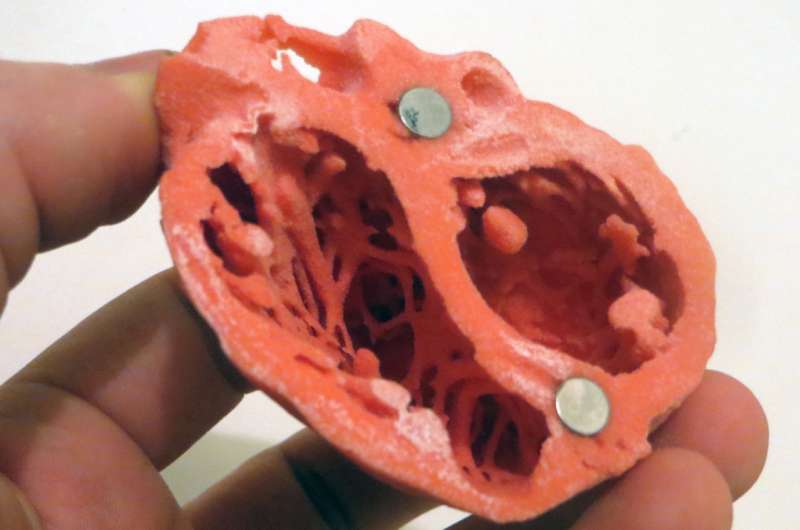Advancements in Ultrasound Technology Improve Prenatal Detection of Heart Defects, Yet Regional Disparities Persist

Recent advances in ultrasound technology have improved prenatal detection of congenital heart defects, but regional disparities still pose challenges. Learn how new protocols are making a difference.
Recent research underscores significant progress in prenatal diagnosis of congenital heart disease (CHD), largely driven by technological advancements in ultrasound imaging. A study published in The Annals of Thoracic Surgery reveals that enhancements in ultrasound screening protocols, such as incorporating detailed views of the fetal heart during pregnancy scans, have increased detection rates over recent years. These improvements allow healthcare providers to identify more heart defects before birth, facilitating earlier interventions and better planning for postnatal care.
The research highlights that since the implementation of updated ultrasound guidelines in 2013, detection rates for CHD have steadily risen, particularly for lesions that are challenging to diagnose using traditional 4-chamber views alone. Instead, including outflow tract views has proved instrumental in uncovering a broader spectrum of heart anomalies.
However, despite overall progress, the study notes persistent disparities in detection rates across different regions and types of congenital heart defects. Dr. Jeffrey Jacobs, the lead author and a professor affiliated with the University of Florida, emphasized that these variations reflect ongoing inequities in access to high-quality prenatal imaging and skilled sonographers.
The analysis utilized data from the Society of Thoracic Surgeons Congenital Heart Surgery Database, encompassing over 100,000 infants who underwent initial heart surgeries over a span of 17.5 years. Comparing data before and after the guideline updates, researchers identified that detection of non-routine lesions increased significantly, yet some lesion types remain underdetected.
The findings suggest that continued efforts in training clinicians, enhancing ultrasound techniques, and ensuring equitable access to advanced imaging tools are crucial steps toward narrowing these gaps. The study advocates for further research into how earlier detection influences surgical timing, postnatal outcomes, and long-term health.
As ultrasound technology and screening guidelines evolve, maintaining high standards across all regions is essential to ensure that every fetus at risk receives accurate diagnosis and timely care. Efforts to standardize training and resource distribution can help diminish disparities and improve neonatal health worldwide.
Source: https://medicalxpress.com/news/2025-09-advances-ultrasound-gains-prenatal-heart.html
Stay Updated with Mia's Feed
Get the latest health & wellness insights delivered straight to your inbox.
Related Articles
Potty Pressure: Insights into the Challenges of Toilet Training for Parents
Many parents face challenges during toilet training, with one in five experiencing child's potty anxiety and difficulties in the process. Learn strategies to support your child's developmental milestone.
Implications of Reclassifying Marijuana for Medical Research
Reclassifying marijuana from Schedule I to Schedule III could significantly enhance medical research, improve patient access, and promote industry growth by reducing current federal restrictions on cannabis studies.
Urine-based Tumor DNA Testing Enhances Personalization of Bladder Cancer Treatment
A new urine-based tumor DNA test shows promise in predicting treatment response and recurrence risk in bladder cancer, enabling more personalized and less invasive management strategies.



